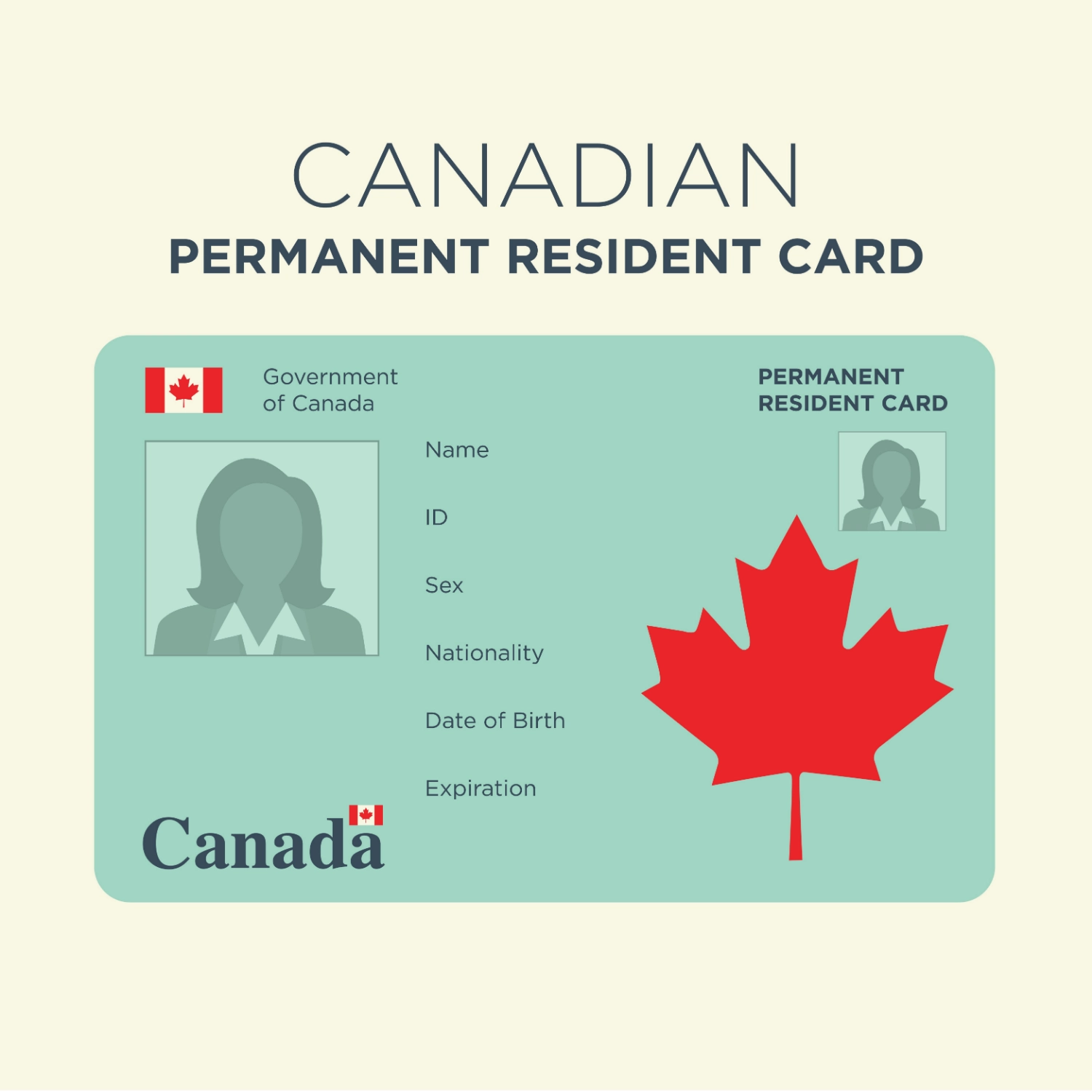Permanent residency is the first step to gaining Canadian citizenship. However, obtaining that legal status can be a challenge.
Navigating the bureaucracy of Canada’s immigration system has frustrated many would-be immigrants. The process doesn’t have to be a headache, though. Read on to learn more about how to obtain permanent residency status in Canada.
What Is Permanent Residency Status?
A permanent resident of Canada is someone who has immigrated to Canada but hasn’t received Canadian citizenship. Permanent residents are citizens of the countries from which they emigrated.
As a permanent resident, you have the same rights as Canadian citizens, except for the right to vote. Also, you might be denied the opportunity to work at certain jobs because you won’t be eligible for security clearance.
What’s a Permanent Residency Card?
A permanent residency card (sometimes referred to as a "PR Card") is a government document that proves you have permanent residency status.
You’ll need your Canadian permanent resident card to re-enter the country if you travel by car, boat, plane or train. What if you don’t have your PR card with you when you’re traveling? You’ll need to obtain a temporary travel document that proves you are a permanent resident of Canada before you return to the country.
Permanent residency cards are valid for several years. Just because they expire doesn’t mean that you’re no longer a permanent resident, though.
How Do You Obtain Permanent Residency Status?
In order to obtain permanent residency status, you must be eligible to come to Canada. There are a number of things that will render you ineligible to come to Canada if you fall into those categories.
You will be denied entry into Canada if you’re a security risk. That means that you might have done something in the past that would threaten the security of Canada’s residents and citizens.
You could be placed in this category if you were just a member of a group that threatened Canada, even if you didn’t participate in any of those activities.
If you’ve got a serious health problem, the Canadian government might not let you into the country. Canada’s health system is publicly funded, so people with serious health problems would be a drain on the country’s resources.
And when it comes to immigration, honesty is the best policy. Let’s say you omit information or tell an outright lie on your application or during your interview with Canadian immigration officials. Should the truth come out, you will be denied admittance to Canada.
Even if you’re eligible for immigration to Canada, you might not be able to get into the country if one of your family members isn’t eligible. It might not sound fair, but your family member’s issues (be they health, financial, or security-related) could have severe consequences for Canada.



















